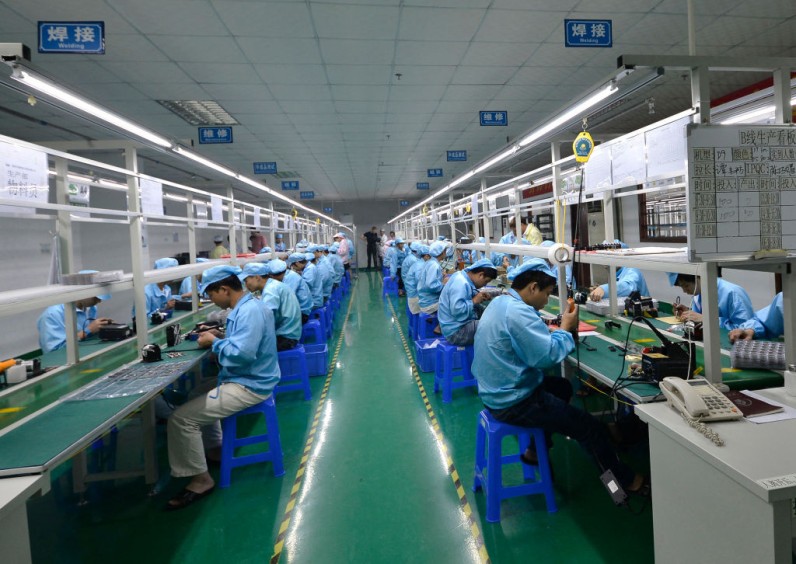
Xu Bing, co-founder of SenseTime Group, a Chinese AI software company, said the current AI compute deficit in China is expected to be a temporary situation that will eventually be resolved.
According to Bloomberg, Xu recognized the disparity in technology between the two nations, but highlighted China's two significant strengths that will enable it to bridge this gap: a wealth of talent and an abundance of data.
China to Surpass Rivals' Supercomputer
China's latest processor, the Kirin 9006 C, is a significant milestone as it showcases the country's progress in chip production.
With its 5nm technology, China is demonstrating that it is keeping pace with the western world, potentially closing the gap to just one generation behind. Credit: Huawei
Xu spoke at the UBS Asian Investment Conference in Hong Kong, where he highlighted the significant disparity in compute resources between China and the United States.
However, he mentions that Chinese companies are rapidly closing the gap, even in the face of current sanctions that hinder China's access to cutting-edge hardware from companies such as Nvidia, AMD, and Intel.
Xu mentioned that his company is collaborating with Chinese semiconductor companies to enhance their compute efforts. However, he did not disclose the specific companies involved in the partnership.
READ NEXT : OpenAI Sets Up Security and Safety Committee, Begins Development of 'Next Frontier Model'
China's Big Fund Boosts Semiconductor Industry
Meanwhile, China has allocated 344 billion Chinese yuan ($47.5 billion) to a third investment fund, with the goal of bolstering its domestic semiconductor industry in response to the escalating technology competition with the US, as CNBC reported.
The China Integrated Circuit Industry Investment Fund, also referred to as the National Integrated Circuit Industry Investment Fund as well as the Big Fund, is a key component of China's strategy to decrease its dependence on foreign sources in the domestic chip industry.
It is noteworthy that certain countries in the West, including the US and the Netherlands, are currently imposing restrictions on its access to advanced technology.







Join the Conversation